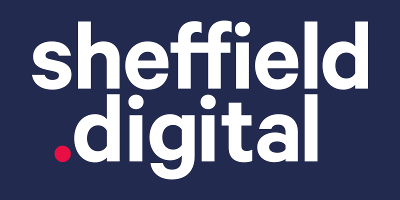Update, 21 March 2018 - speakers announced!
We are pleased to announce our guest speakers will be Dr Dima Saber (Birmingham School of Media, Birmingham City University) and Dr Bharath Ganesh (Oxford Internet Institute, University of Oxford), who will be sharing their expertise in journalism and social media.
*********************************************************************************
The UK Government, led by Prime Minister Theresa May, has put forward proposals for a 'Digital Charter' to support its stated objective of making the UK "the safest place to be online". While the Open Rights Group recognises the positive impact of some elements of the charter (notably investment to tackle online child sexual abuse), we have serious concerns about the impact many of the measures could have on freedom of speech online.
The Government's position
In the Government's own words (www.gov.uk):
The Digital Charter is a rolling programme of work to agree norms and rules for the online world and put them into practice. In some cases this will be through shifting expectations of behaviour; in some we will need to agree new standards; and in others we may need to update our laws and regulations. Our starting point will be that we will have the same rights and expect the same behaviour online as we do offline.
Key elements of the charter
• Criminalisation of watching streamed terror propaganda - including a strengthened offence under section 58 of the Terrorism Act 2000, prohibiting repeated viewing of online terrorist material.
• Internet Safety Strategy. This is focused on regulation of social media companies and is likely to include a code of practice for social media companies to remove or address bullying, intimidating or humiliating content; an industry-wide levy on social media companies and communication service providers to fund initiatives to counter internet harm. These initiatives are intended to be voluntary; however if companies do not get involved the Government will consider legislative measures.
• Crackdown on child sexual abuse. The Government has announced a £600k initiative to build a new technology to identify and remove indecent images of children.
• Online hate crime hub. The idea behind this initiative is to improve the police response to the problem of hate crime online. The hub is intended to make it easier for people to report online hate crime cases to the police. Police at the hub will then assess them and assign them to local forces. They will also refer cases to online platforms so that hateful content can be removed.
ORG's concerns
• The lack of clear definitions over what constitutes 'hate speech', 'hate crimes' and 'harmful content'.
• Impact of new streamed terror propaganda offence. Again, the Government has provided no definition of what terrorist propaganda is or what constitutes repeat viewing. The Open Rights Group and other civil society organisations are concerned that this sentence will put researchers, journalists and campaigners working on terrorism related issues at risk of prosecution. Even people who report on the existence of propaganda would be put at risk and could be discouraged.
• Giving more power to private corporations. Beyond the specific points of the Charter, I am concerned about the trend towards requiring private corporations to take on policing responsibilities. In a democracy, responsibility for policing and regulating speech should rest with Government, not private entities, and any actions taken against citizens must be subject to due process. The Government's proposals risk further consolidating the power of giant internet companies and reducing the ability of citizens' to challenge decisions.
More details andtickets: www.meetup.com
Imported From: www.meetup.com
We don't know any more aboutOpen Rights Group Birmingham.


